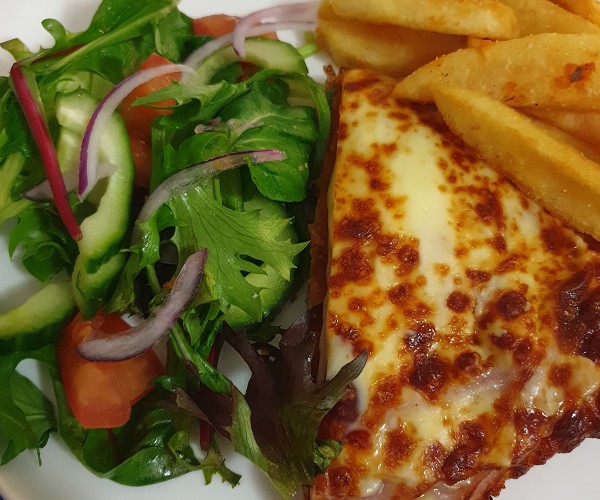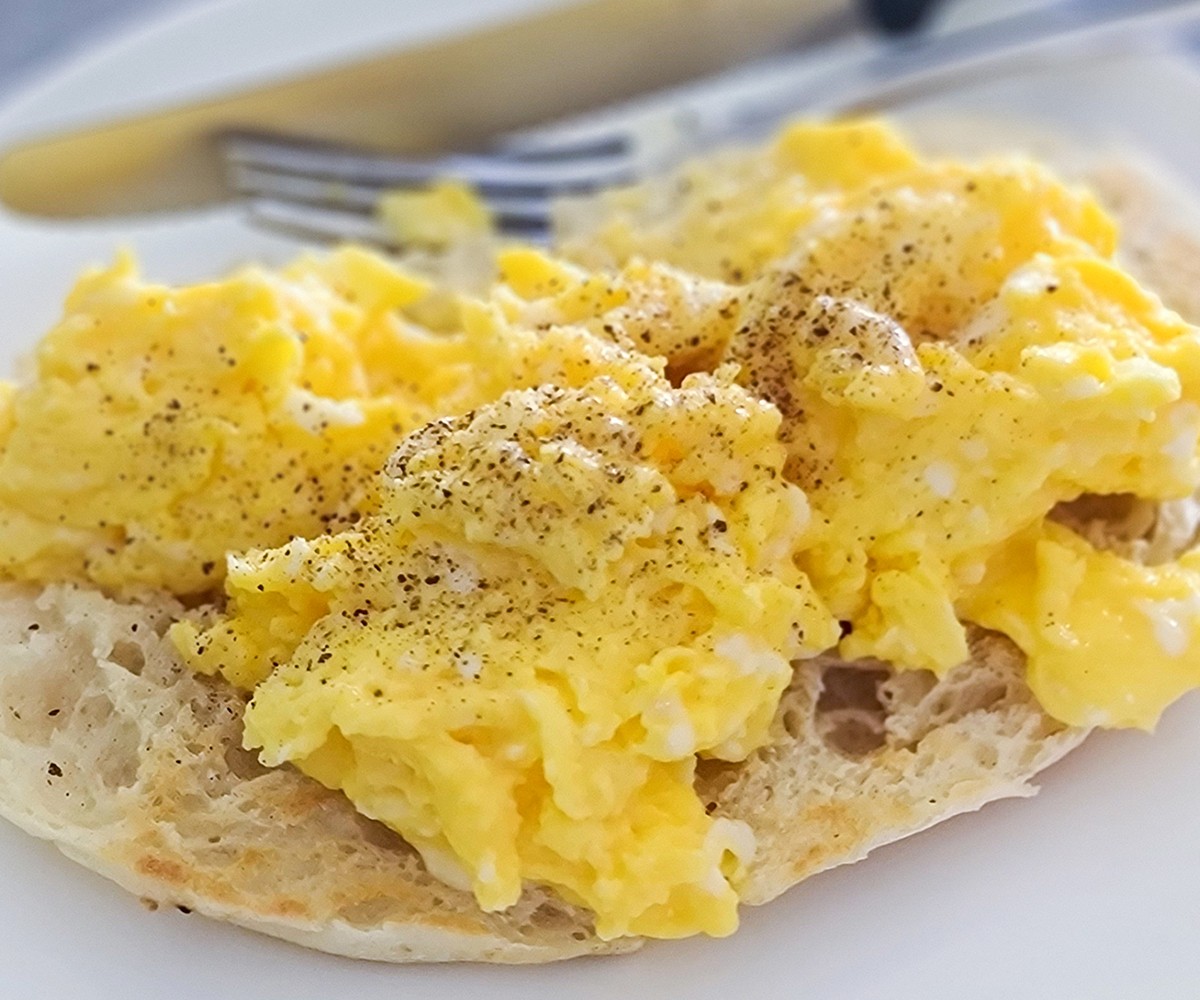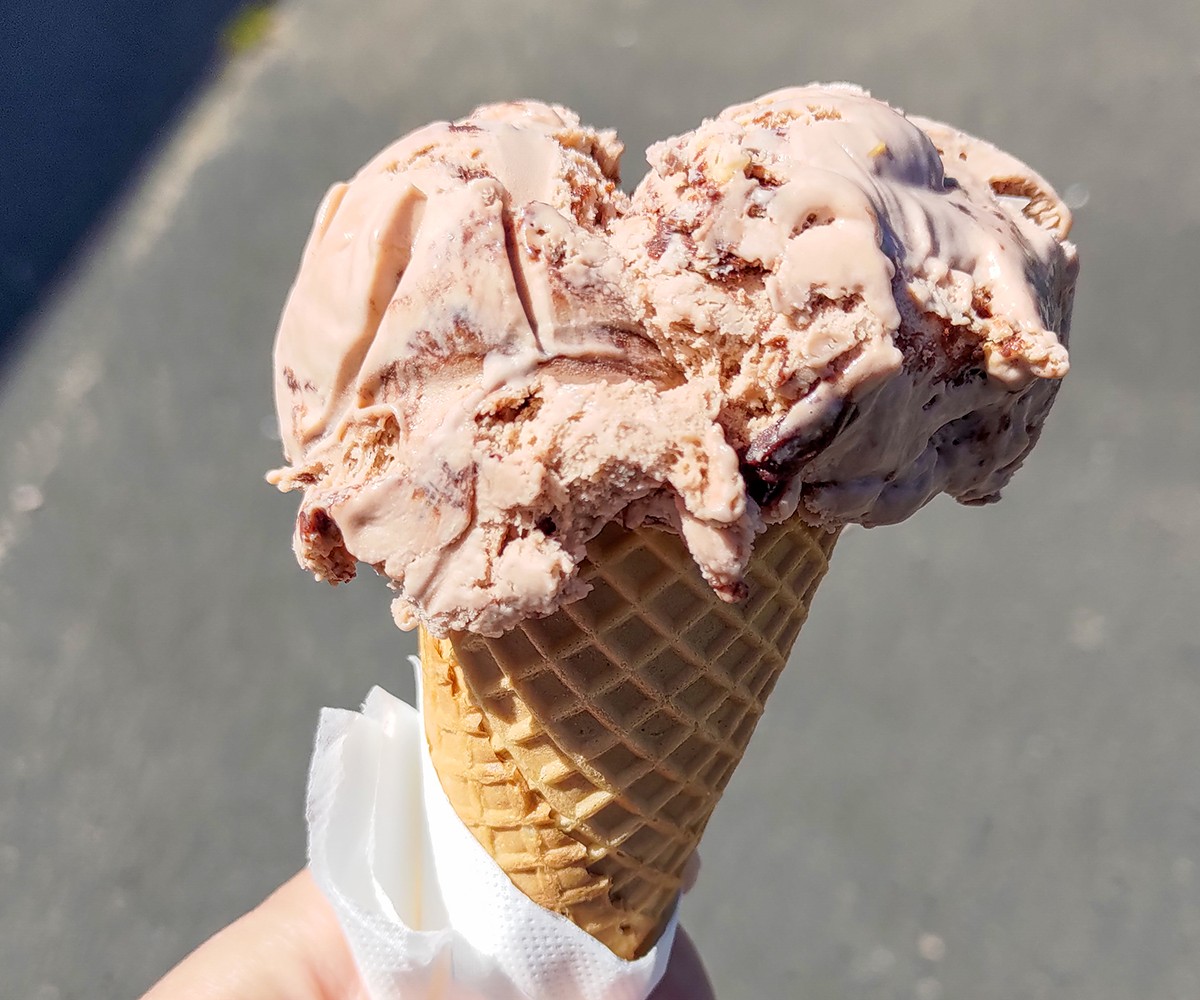
Your weekend splurge didn't cause much fat gain
Posted by Dayne Hudson
Estimated reading time: 5 minutes

In a perfect week of dieting, your week would look like this:
Now, this is a good deficit for the week: 3000 calories!
And the reason is that there's an old weight loss yardstick that most people don't know of:
"A 7,700 calorie deficit equates to a lost kilogram of body fat."
Now whilst this is an oversimplification, it is still a strong yardstick we in the industry continue to use.
So, two weeks of this strategy and you've more or less lost a kilogram of body fat.
This is when you have to tailor how you like to eat, into your days.
So, let's say your total daily macronutrients -- set at a 500-calorie deficit for optimal weight loss -- are:

So, the questions you have to ask yourself are:
These are personal questions you need to understand about yourself to diet successfully.
So, let's say you prefer eating more at night, then your breakfast needs to be:
If you keep the coffee black, it means you've basically used next to ZERO grams of fat and carbohydrates. But you've still knocked hunger on the head with the satiety-inducing effect of protein. But of course, feel free to use milk if you'd like.
This means your lunch can be 30-40 grams of carbohydrates, meaning a wrap or two slices of bread (that's 30-40 grams of carbs) will suffice.
Allowing for around 20-30 grams of fat from something like avocado, cheese, or egg yolks for example, and for dinner, you'd be left with:
But keeping in mind, these remaining macronutrients are not only for your dinner but for your after-dinner snacks during TV time too. So, for example, your dinner might be a T-bone steak, white potatoes, and salad.
This would leave you with roughly:
And this means you can have a nice snack for TV time; ice cream, popcorn, chips, or something else you fancy from time to time, or an extra service of bread or something similar to keep hunger at bay.

The truth is, scientists suggest we can have 20% of calories from sugar, without watering down our daily consumption of critical micronutrients.
So, if you have to consume 2000 calories to lose weight (as in the example of this article) then that means 400 calories can come from added sugars. That's 100 grams of your carbohydrates.
Now, cap all of this off with a protein shake before bed, and you should be full and satisfied, and able to sleep easier to wake up and do it again the next day.
And if you prefer to eat more at the start of the day and don't get cravings later on, then simply switch this strategy around: Eat more at breakfast and then taper off during the day.
Firstly, try not to call it a "cheat" meal, because it's not cheating! It's simply a "higher calorie meal than your average." You're not cheating, you're just restructuring your day.
In the example within this article, the subject must eat 2000 calories (and no more) to lose weight.
Now, most people go wrong with "cheat" meals by eating about 1500 calories by lunchtime, and then 1500 calories at dinner for their "cheat" meal.
This means they are in a 1000 calorie surplus at the end of the day.
It also means they're putting themselves back 2 days of dieting, given they achieve a 500-calorie deficit each day!
So, the way around this is to consume a lean protein source at breakfast and lunch, and have salads only for fibre, with a few additional calories as possible.
This means you can consume 1500-2000 calories from your "cheat" meal and not gain weight.
And when things get tough on days you feel like eating more, you can consume maintenance calories again if you must.
Once you understand how to structure your 7 days of weight loss, it becomes far easier. A 500-calorie deficit daily and understanding whether or not you want to skew the bulk of your calorie intake to morning or night is critical to understand.
Moreover, ensure you consume lean protein sources on the day of your "cheat" meal, so you gain limited body fat from it. You can have 20% of your calories daily from added sugars within your macronutrient allowance and not gain weight, helping you stave off cravings daily and to ensure you keep losing fat week to week!

Like many, Dayne was once desperate to lose weight and get into shape. But everyone he asked, everything he read, lead to the same place... nowhere.
His journey started there - researching science journals and completing a Sports Nutrition Specialist qualification so he could make weight loss easier.

Posted by Dayne Hudson
Estimated reading time: 5 minutes
With over 700 recipes and articles, the Bulk Nutrients Blog has something for everyone! Find a new workout, meet our ambassadors or take a deep dive into our products today.
We're an Australian manufacturer and supplier of high quality sports supplements.
Operating since 2008, Bulk Nutrients has become one of the premier Australian brands to supply nutritional products to top level athletes, competitors and those on a journey to a healthier lifestyle.
One thing that sets Bulk Nutrients apart is that we love to talk to our customers!
Whether you need product advice, help with the website or need a change made to your order... call us on +61 3 6266 4725.
If you prefer email you can email us day or night at info@bulknutrients.com.au
For online chat, hit the 'Chat' button in the bottom right hand corner of your screen and you'll be connected to one of our lovely customer service team.
Or if you'd like to get in touch through our online contact form, that's cool too!
Terms & ConditionsSustainability StrategyPrivacy PolicyPayment InformationSitemap
All prices are in Australian dollars (AUD) and include GST unless otherwise stated.
All content copyright © Bulk Nutrients 2008 - 2024